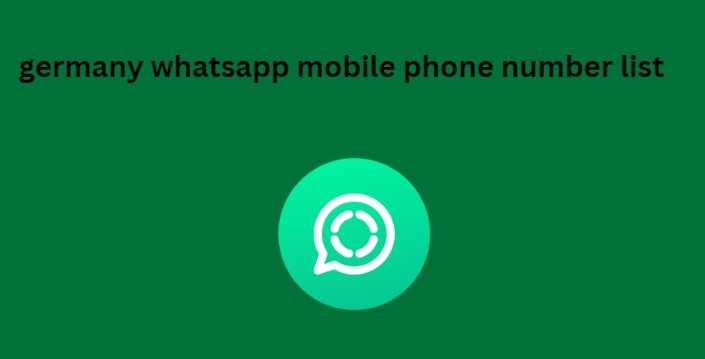Define your own tone of voice
Posted: Wed Dec 04, 2024 5:50 am
Every company has a unique tone of voice – a distinct and consistent way of writing across its external communication channels. Even if two companies sell the same product, their defining values can influence the differentiation of their message. Let’s look at an example of two brands selling the same product. Is their tone of voice identical?
Although it takes time and effort, developing a tone of voice is a crucial greece whatsapp mobile phone number list step in defining a brand and creating a structure for a content marketing strategy. A unique tone of voice expresses personality, demonstrates individuality, and most importantly, builds trust with your audience. In a world where the advancement of content marketing turns brands into media and entertainment, having a unique tone of voice is more important than ever.
“When your presence is voiceless, you create an empty space that another voice – a dominant voice that knows no boundaries – will be happy to fill.” –Justine Musk

Where to start?
A tone of voice should emerge from who you already are as a company. So it should be a process of shaping and refining, rather than creating something from scratch. It's a good idea to involve other people in the process (whether through a meeting with members of different areas of the company or an informal chat with the editorial team).
Harriet Cummings of Distilled suggests two ways to approach the task:
Discover your company's values. Beyond financial goals, what does your company believe in? This could be: a commitment to sustainability, smart thinking, social equity, having fun, seeing the positive side of life, etc. If you have a mission, vision and values in place (or even a manifesto), your task will be much easier. If not, a useful exercise might be: instead of focusing on the direct function of your product, make a list of all the broader benefits you hope to give your customers.
Look at your audience. Find out what kind of language will work for your audience. Some of the answers can be found in the way your customers write about your company on social media and in emails. What kind of language do they typically use? What meaningful and relevant words do they use? Another approach is to imagine your buyer persona . How would you explain your products to them? What words would you use to describe their main benefits?
The details
Now that you have all these words at your disposal, which ones best express your brand's personality?
Some considerations to keep in mind:
Degree of formality. What words do you usually use to start an email: “Dear”, “Good morning”, “Hello!”?
Use of colloquialisms and regional dialect. For example: “Does it seem to you?” vs “Does it look like it?”
Stance on cursing. Do you occasionally use words like “Damn” or “Damn”?
Humor. Witty one-liners? Idioms? Wordplay?
References to pop culture. Famous artists, movies, TV show.
Although it takes time and effort, developing a tone of voice is a crucial greece whatsapp mobile phone number list step in defining a brand and creating a structure for a content marketing strategy. A unique tone of voice expresses personality, demonstrates individuality, and most importantly, builds trust with your audience. In a world where the advancement of content marketing turns brands into media and entertainment, having a unique tone of voice is more important than ever.
“When your presence is voiceless, you create an empty space that another voice – a dominant voice that knows no boundaries – will be happy to fill.” –Justine Musk

Where to start?
A tone of voice should emerge from who you already are as a company. So it should be a process of shaping and refining, rather than creating something from scratch. It's a good idea to involve other people in the process (whether through a meeting with members of different areas of the company or an informal chat with the editorial team).
Harriet Cummings of Distilled suggests two ways to approach the task:
Discover your company's values. Beyond financial goals, what does your company believe in? This could be: a commitment to sustainability, smart thinking, social equity, having fun, seeing the positive side of life, etc. If you have a mission, vision and values in place (or even a manifesto), your task will be much easier. If not, a useful exercise might be: instead of focusing on the direct function of your product, make a list of all the broader benefits you hope to give your customers.
Look at your audience. Find out what kind of language will work for your audience. Some of the answers can be found in the way your customers write about your company on social media and in emails. What kind of language do they typically use? What meaningful and relevant words do they use? Another approach is to imagine your buyer persona . How would you explain your products to them? What words would you use to describe their main benefits?
The details
Now that you have all these words at your disposal, which ones best express your brand's personality?
Some considerations to keep in mind:
Degree of formality. What words do you usually use to start an email: “Dear”, “Good morning”, “Hello!”?
Use of colloquialisms and regional dialect. For example: “Does it seem to you?” vs “Does it look like it?”
Stance on cursing. Do you occasionally use words like “Damn” or “Damn”?
Humor. Witty one-liners? Idioms? Wordplay?
References to pop culture. Famous artists, movies, TV show.